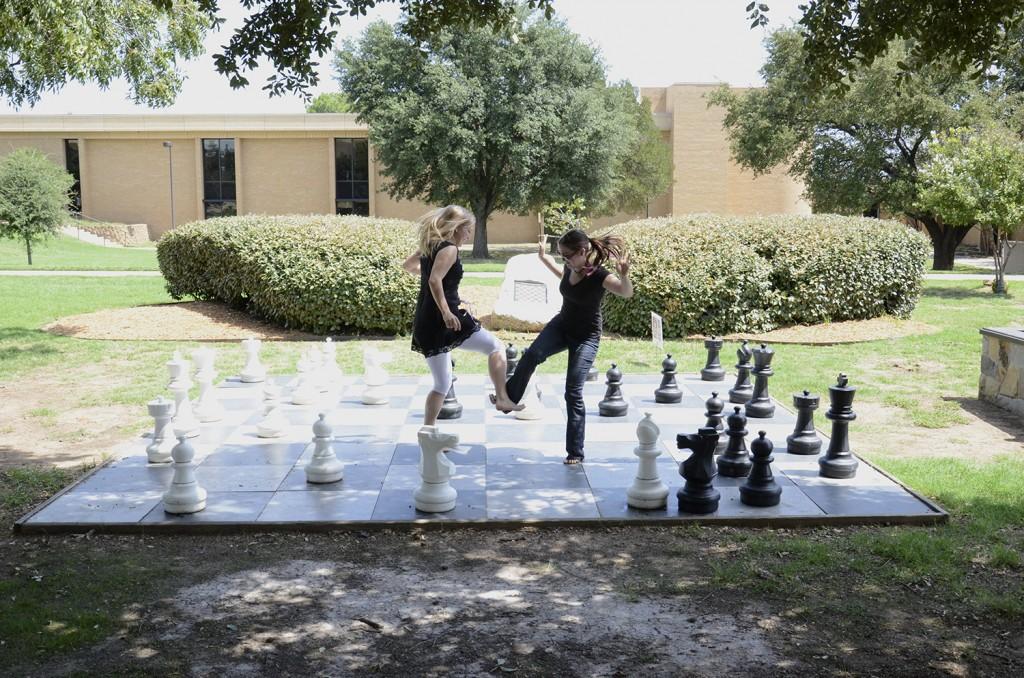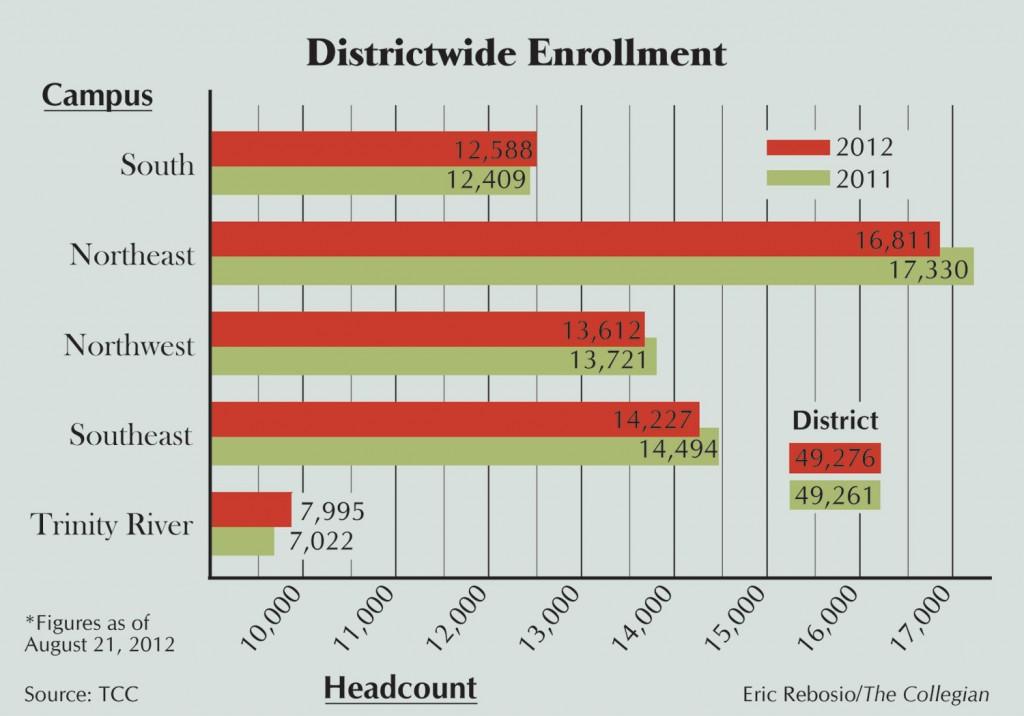By Elaine Bonilla/reporter
Disability support services offers academic services to students with disabilities enrolled for credit and/or non-credit courses and programs.
Accommodations are provided to students who have been diagnosed or identified as having a learning, physical or emotional disability.
A learning disability includes but is not limited to handicaps, brain injury, minimal brain dysfunction, dyslexia and developmental aphasia. Other disabilities include impairments such as visual, hearing, speech and mobility. Students who are deaf or blind can also receive free tuition for higher education but are still responsible for books.
Students with disabilities are not required to register with DSS, but to receive services, a student must register and meet with the DSS coordinator. The coordinator will discuss concerns the student may have about disabilities and the possible effects they could have on grades.
If the student has not been diagnosed but believes there is some sort of disability, the coordinator can help the student narrow down what the issue could be and give the student a list of affordable resources for testing and diagnosis. After diagnosis, the student then submits a request form to the DSS office along with current and comprehensive disability documentation.
Once students are registered with the DSS, they can receive aid and can continue to receive aid each semester they register. If the student attends more than one campus, the student must register with the DSS on each campus.
NW student development associate Traci Schmedel said students should not hesitate to ask for help.
“I’ve heard from some students that they don’t want to be labeled as an outcast and refuse to get services when the services could help so much, especially in higher education,” she said.
Accommodations are based on individual cases. Examples of accommodations can include a tape recorder, a sign language interpreter, preferential seating, the need to stand periodically due to muscular-skeletal impairments, note-taking services, alternative testing sites and/or times. Faculty are strongly encouraged to make notes available to students online.
South Campus instructional assistant Robin Rhyand said students with autism are taught social skills.
“At the beginning of the semester, some of these students have trouble just saying hello and, by learning these social skills, are able to hold conversations with others,” Rhyand said.
The American Disabilities Act of 1990 requires educational institutions to provide these accommodations for disabled students. In 2010, the ADA was revised to make it easier to understand.
“The intent of the law never changed. Only the verbiage did,” NE DSS coordinator Denise Hills said.
TCC faculty and staff work together to make sure students with disabilities receive an equal education. The DSS staff will notify faculty of the accommodations made in the classroom, but faculty will be unaware of the disability diagnosis.
Disabled students do not receive automatic exemptions and are still required to complete all of the coursework any other student must complete.
“Testing accommodations are to provide a non-distracting environment for students who are easily distracted by little things other students would never pay attention to,” Rhyand said.


























